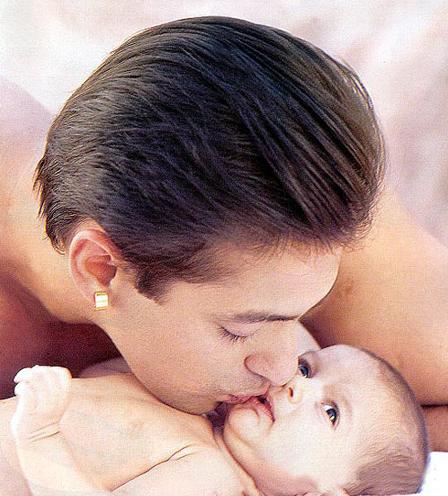1. Be Consistent:
For younger kids, the key is to be consistent. You can’t ignore behaviors one day and respond by screaming at your child the next. No matter where you are or what you’re doing, try to be consistent. If your child has a problem with hitting his siblings, respond with something like, “Hitting is not OK. You need to spend some time by yourself and calm down.” Do your best to make sure you respond the same way every time.
2. Remove your child from the situation:
Sometimes you need to take your child out of a situation to help him regain control of his emotions. If you’re at the grocery store and your toddler is having a tantrum and kicking at the shopping cart because you’re not buying the cereal he likes, you can say, “You’re making too much noise. We’re not going to buy this cereal, and if you don’t stop we’ll have to leave.” If your child doesn’t stop, follow through and take him out of the store.
3. Offer a pep talk ahead of time.
If you know there are situations that are difficult for your child, give him a little pep talk ahead of time. If your child always has trouble when he goes to your relative’s house—let’s say he gets stirred up and starts hitting his cousins—it’s worth having a very brief discussion with him telling him what you expect before you enter the house. “You need to play nicely. If you start hitting him or hurt your cousins, we will leave immediately. Do you understand?”
4. Give time outs:
Give younger children a timeout or a time away in a quiet place with some time alone. You can say, “I want you to be quiet and calm down. You cannot hit your brother when you’re mad. When you’re quiet for two minutes, you can come back and play with your brother.” Do very little talking and be very clear with your directions













